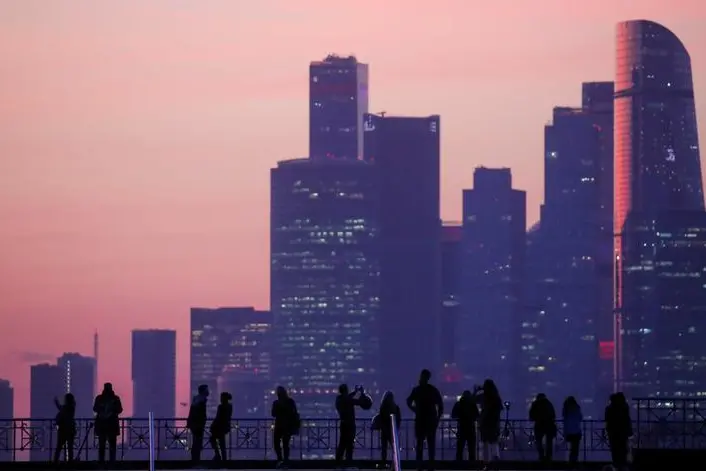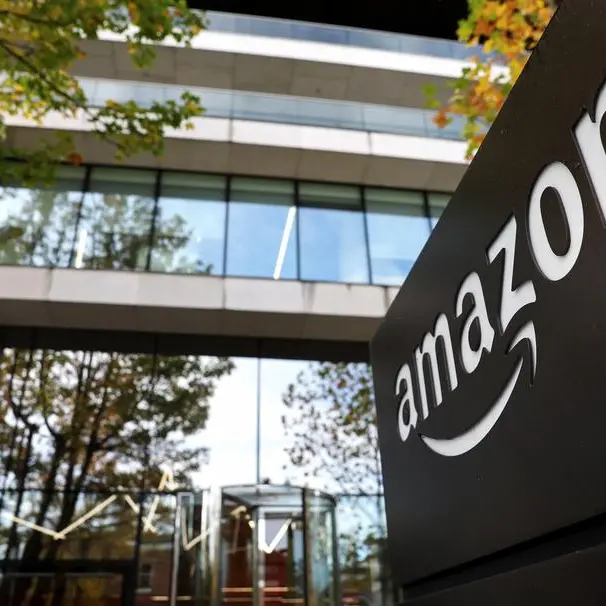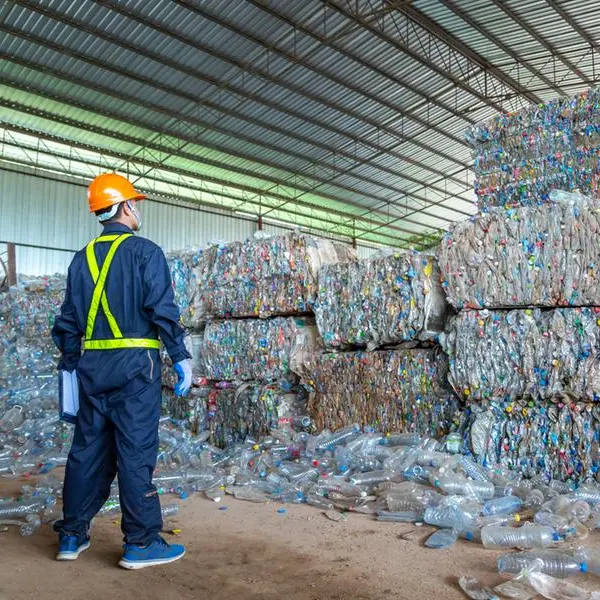PHOTO
A cyberattack forced President Vladimir Putin to delay his speech to Russia's political and economic elite on Friday as Moscow adjusted to the new international reality at its flagship annual economic forum.
State companies made a point of publicly signing deals and many firms had stalls with floor-to-ceiling display screens and glamorous attendants at the 25th St Petersburg International Economic Forum, which aims to rival the global Davos event.
But there was a notable lack of the Western investors and investment bankers who turned up in previous years.
"New business from the Italian side is just frozen," Italian businessman Vincenzo Trani told Reuters on the sidelines of a session titled "Western investors in Russia: new realities".
"New investment is just impossible and people are not increasing investments."
Kremlin spokesperson Dmitry Peskov announced a denial of service attack on the forum in a call with reporters, saying that specialists were working to fix the problem. He did not apportion blame but the situation in Ukraine loomed large.
As Russian forces moved into Ukraine on Feb. 24, Kyiv called on hacktivists to help. Russia says it is conducting a "special military operation". There was no immediate reponse from Ukraine to the cyberattack.
Western sanctions against Russia over its actions in Ukraine combined with related supply chain issues have starkly altered Russia's export-import dynamics, with the country now looking to the likes of China and India and turning away from the West.
Key banks have lost access to the global payments system SWIFT, Western brands are shunning the country and selling up in a hurry, writing off billions of dollars in assets - and the European Union has promised an embargo on Russian oil.
Deputy Prime Minister Dmitry Chernyshenko lamented Russia's backwardness in technology, and said the "painful process" of Russia switching to its own technology was under way.
"You are competing with global companies that have overtaken you by whole generations," he told an audience of Russian business representatives.
BUSINESS OUTLOOK GLOOMY
The CEO of Russia's top lender Sberbank summed up the situation with grim irony.
"They say all is well with business in Russia, there are just small problems: there is no one to buy from and no one to sell too, it's impossible to pay and impossible to supply," German Gref said on Friday. "This is a joke, but it reflects reality."
Tadzio Schilling, head of the Association of European Businesses, which groups hundreds of firms inside and outside Russia, said the losses for those doing business in Russia "can be colossal nowadays".
"Short-term prospects for companies are gloomy," he said.
Leonid Mikhelson, chief executive of the Russian energy giant Novatek called for more state support.
A global price squeeze in gas had created a window of opportunity that Russia, heavily reliant on its vast fossil fuel exports, needed to seize before it closed, he said.
But his company could not commission a compression line - a key part of his industry, without components that are now restricted by sanctions from sale to Russia.
"We have to create a domestic liquefaction technology for this," he said. "A full-fledged localisation program is required, provided with full funding."
'LOUDLY KEEPING SILENT'
Russian companies usually offer interviews and make big announcements at the forum, the main event in Russia's corporate calendar, but this year speakers were thin on the ground.
Many Russian firms are grappling with how to handle their communications, said Ksenia Kasyanova, R&D Director at PR company CROS.
She said they were torn between wanting to restore demand and the fear that any comments might not be publicised with as much context as they would like.
"Faced with this dilemma, businesspeople are eventually settling on the complicated task of ‘loudly keeping silent’,” Kasyanova said - putting the company in the public field but minimising communications and advertising.
Italian investor Trani, who founded one of Russia’s largest car-sharing firms, Delimobil, said Russian and international companies were craving stability.
“No company can have aggressive development in this period,” he said. “We have to wait for peace.”
(Reporting by Reuters; Editing by Kevin Liffey and Philippa Fletcher)





















